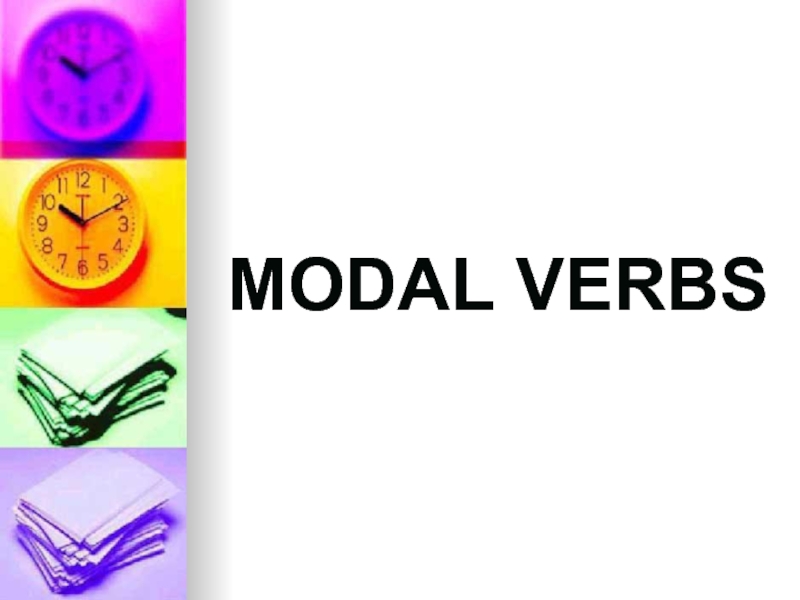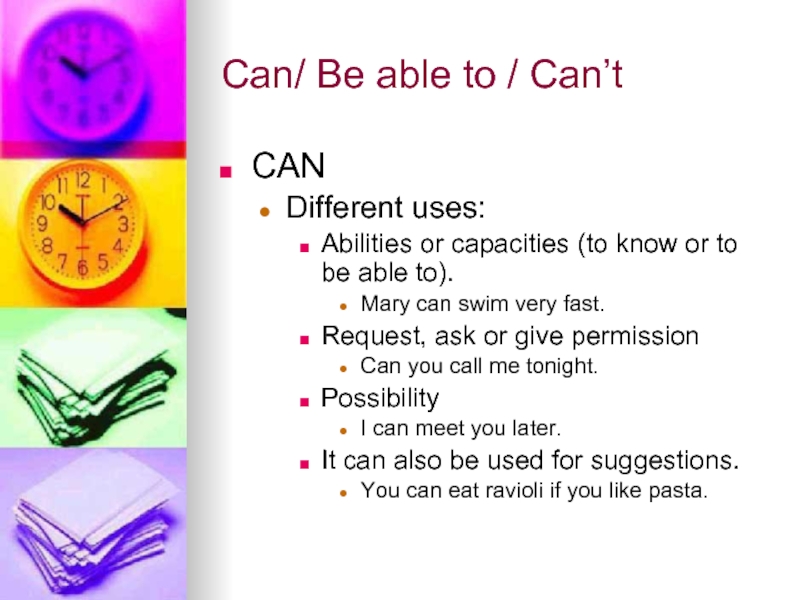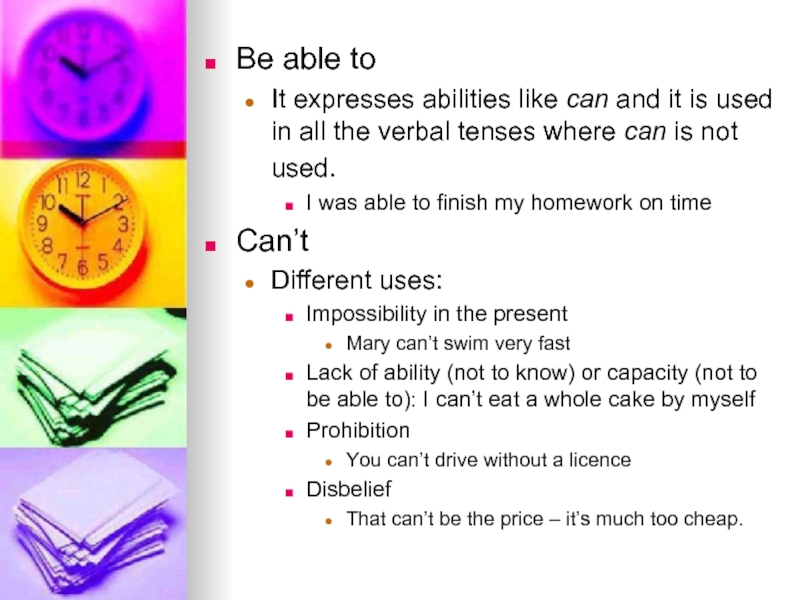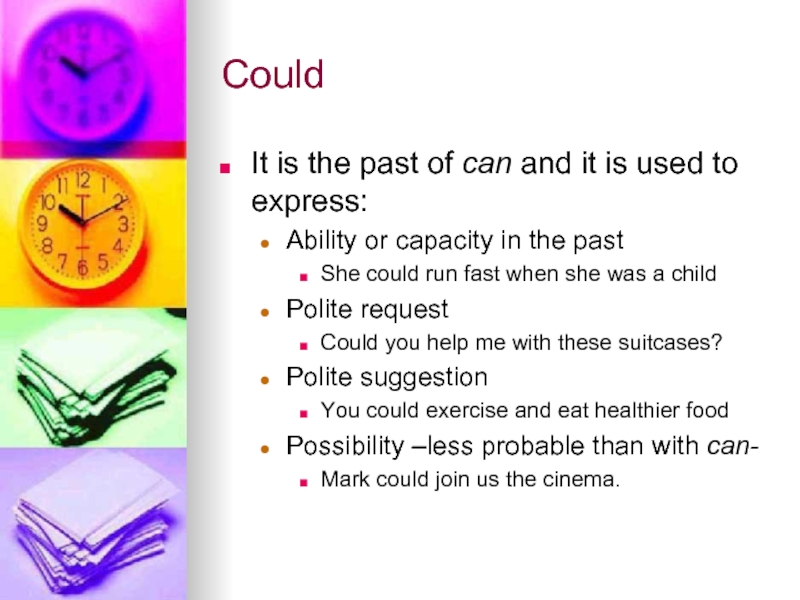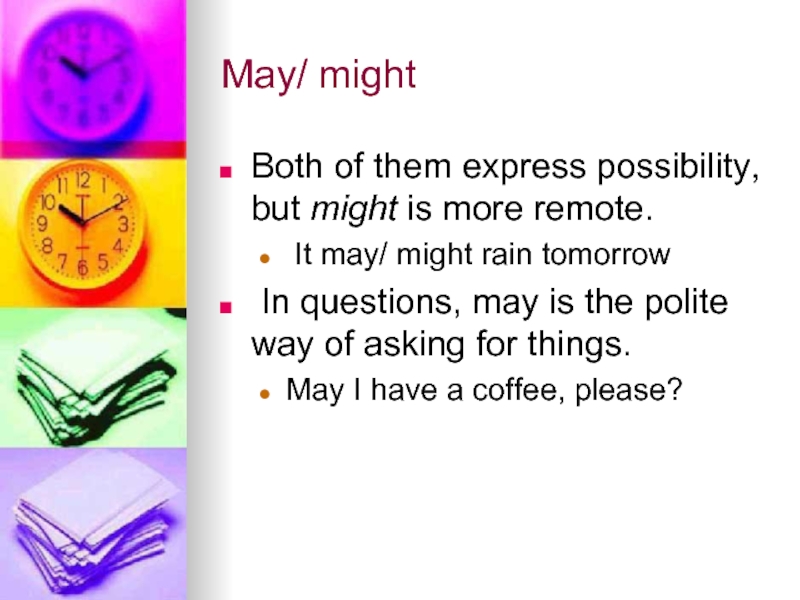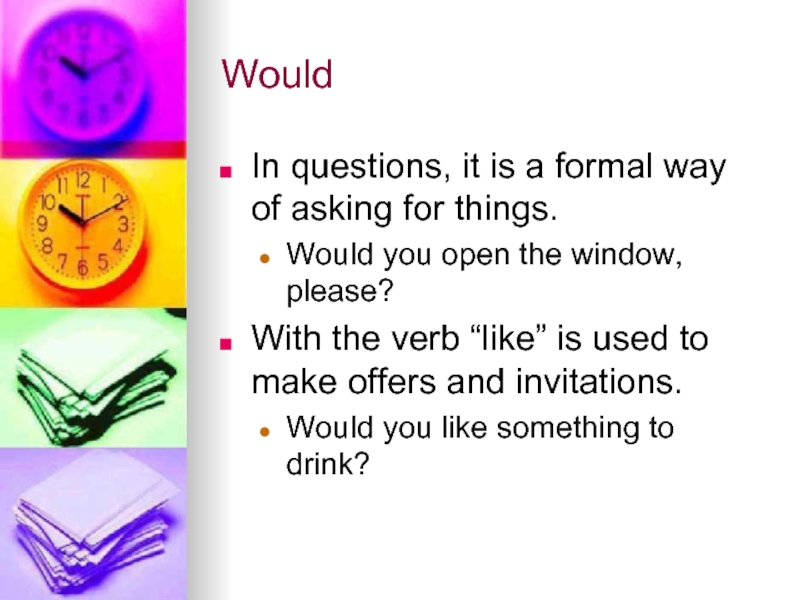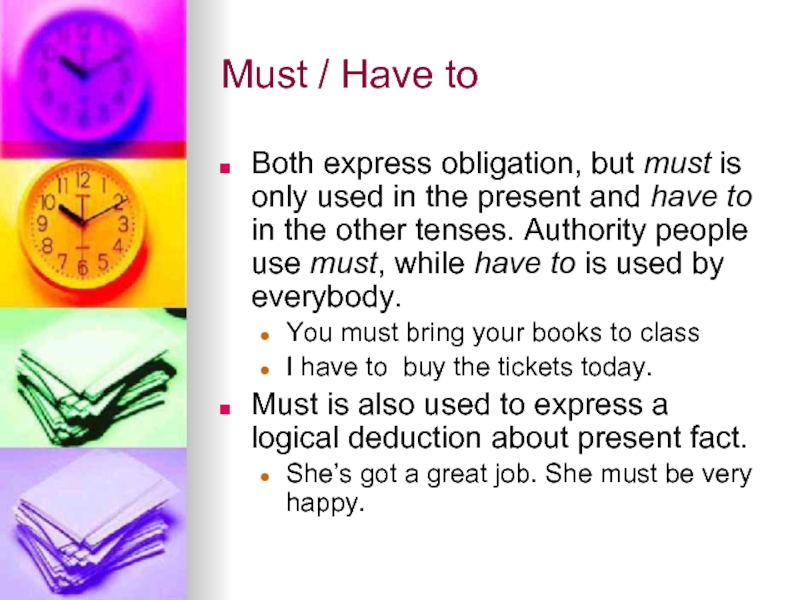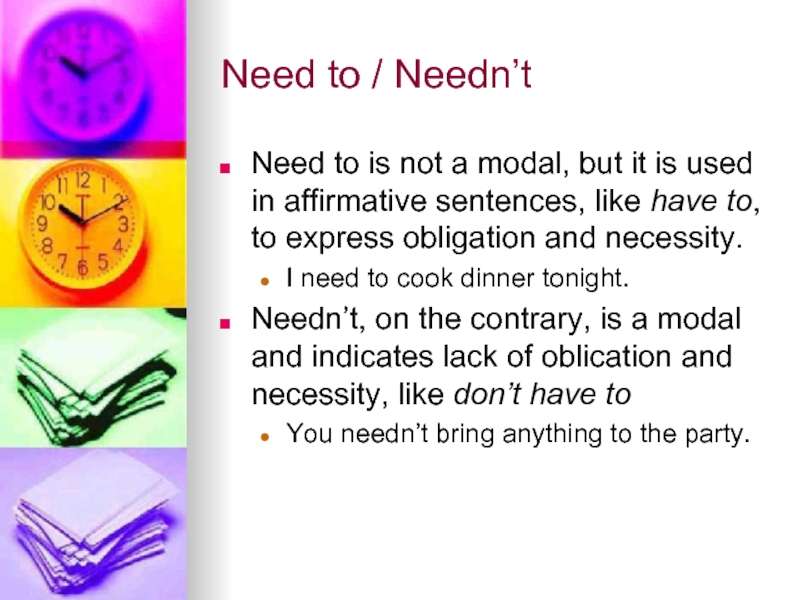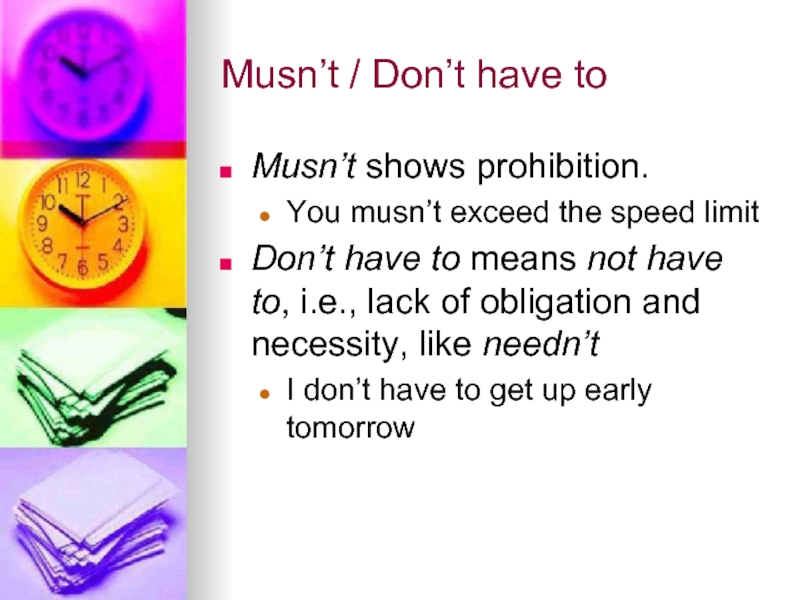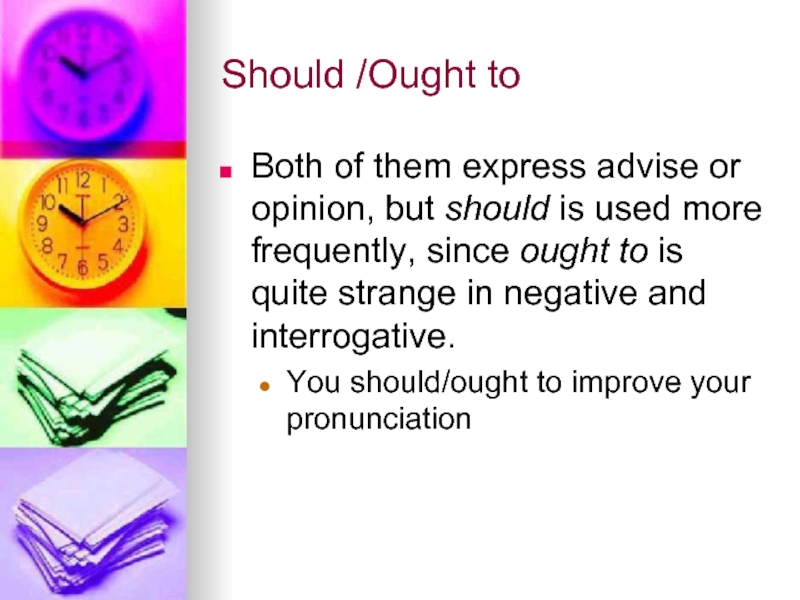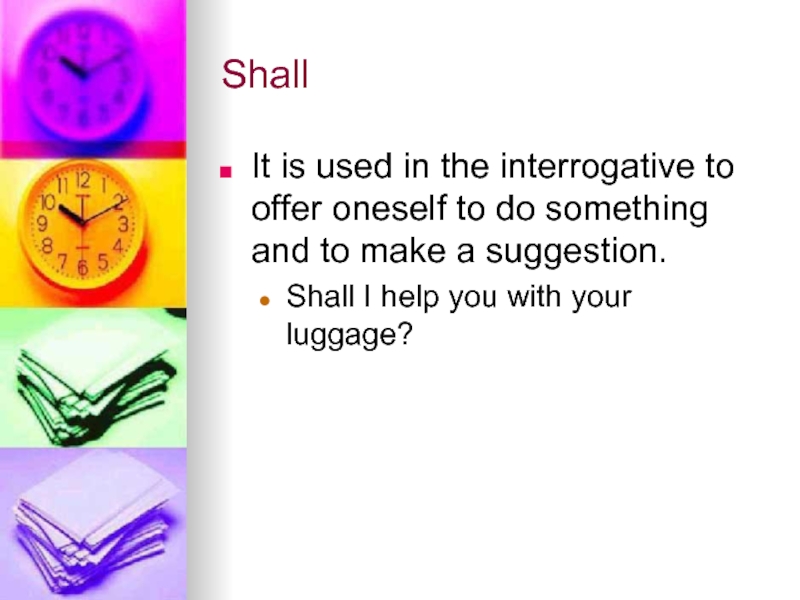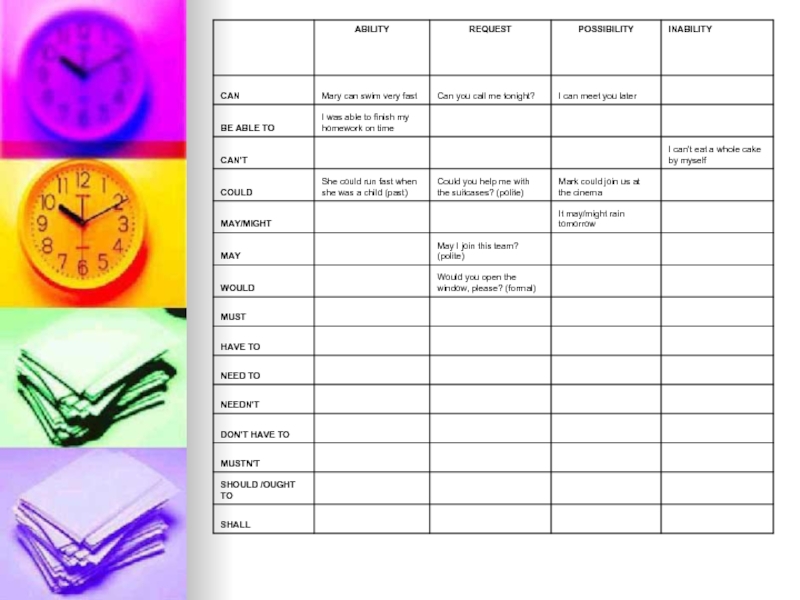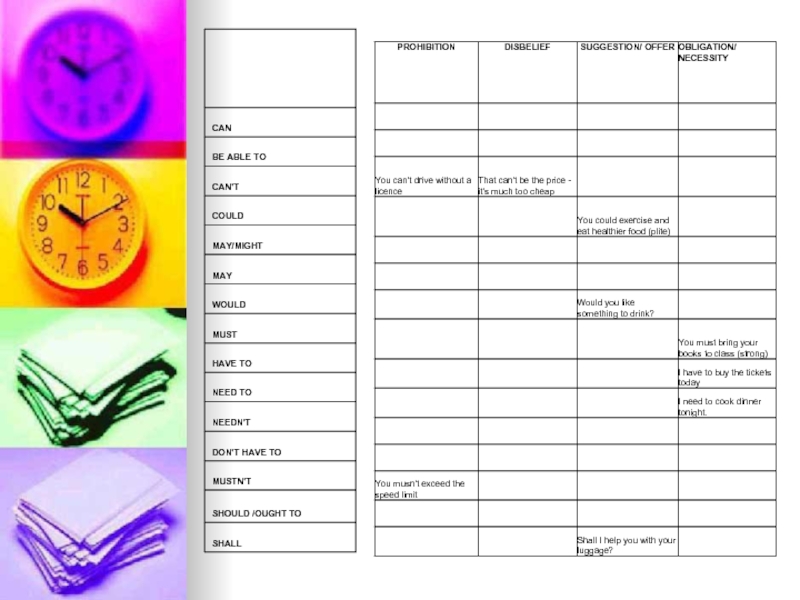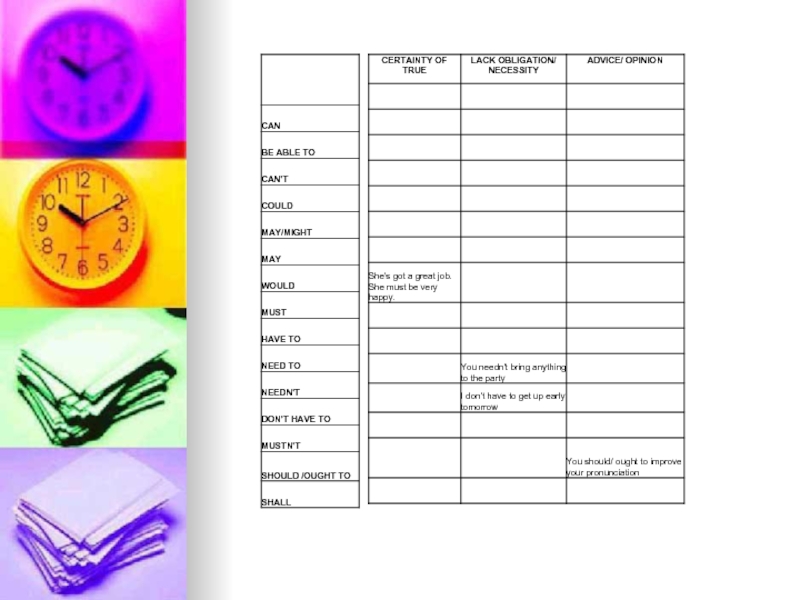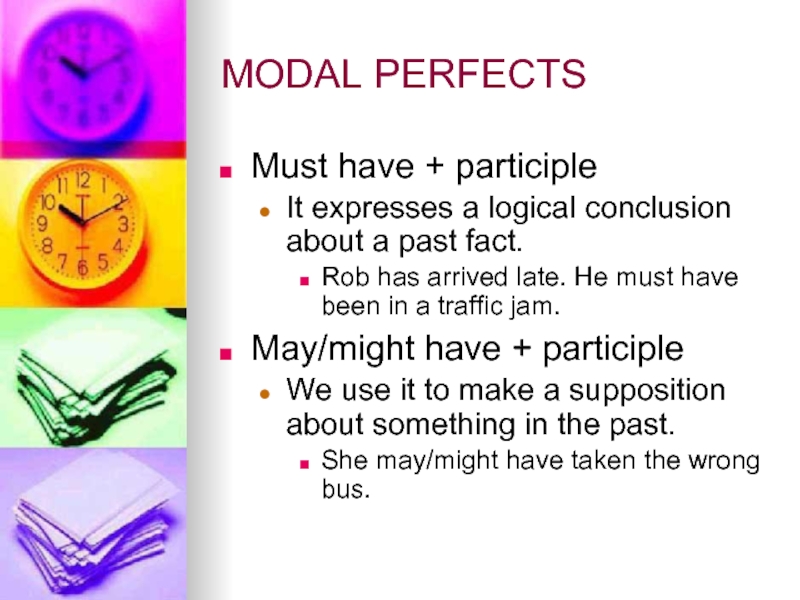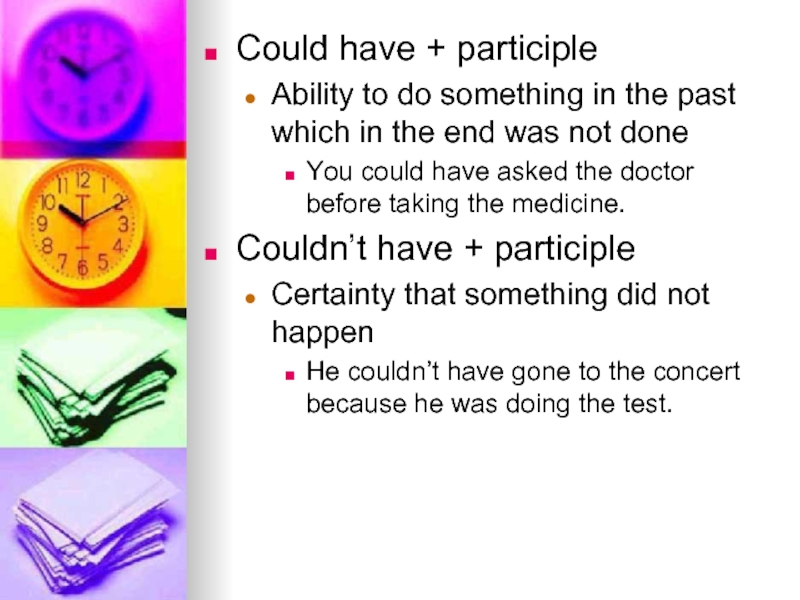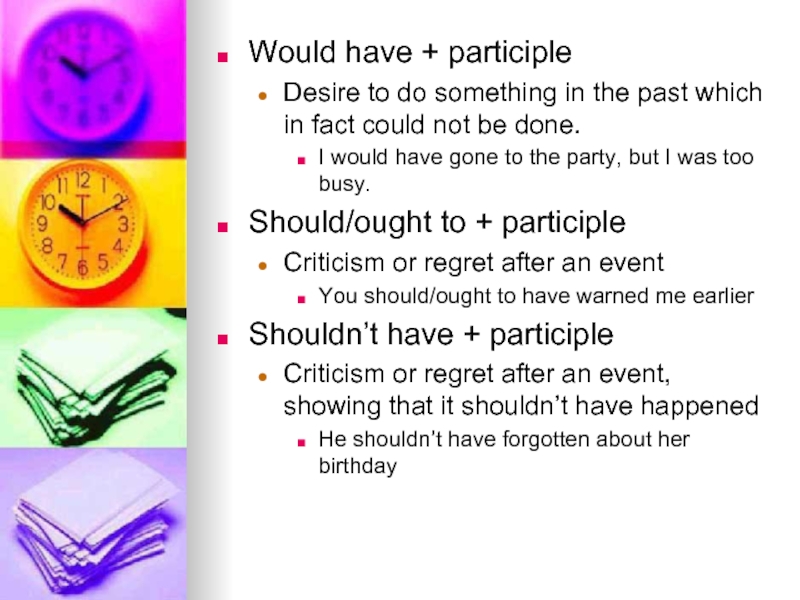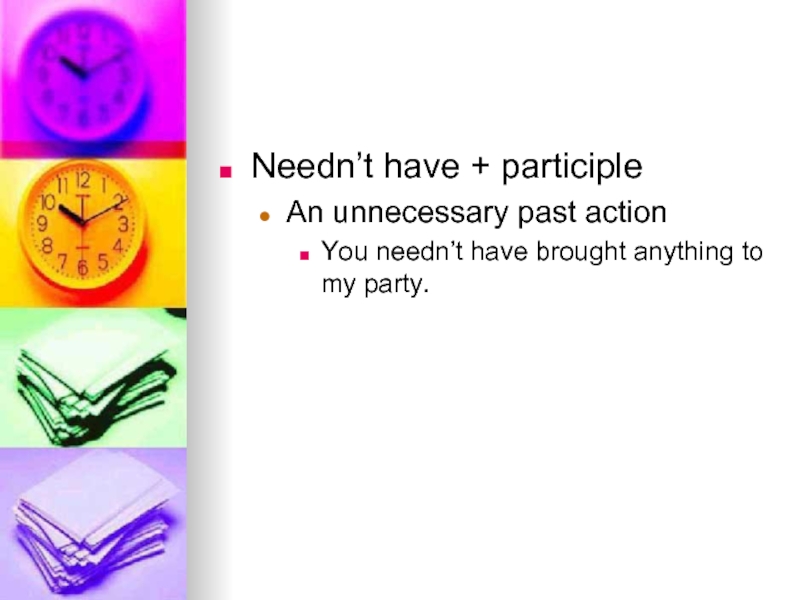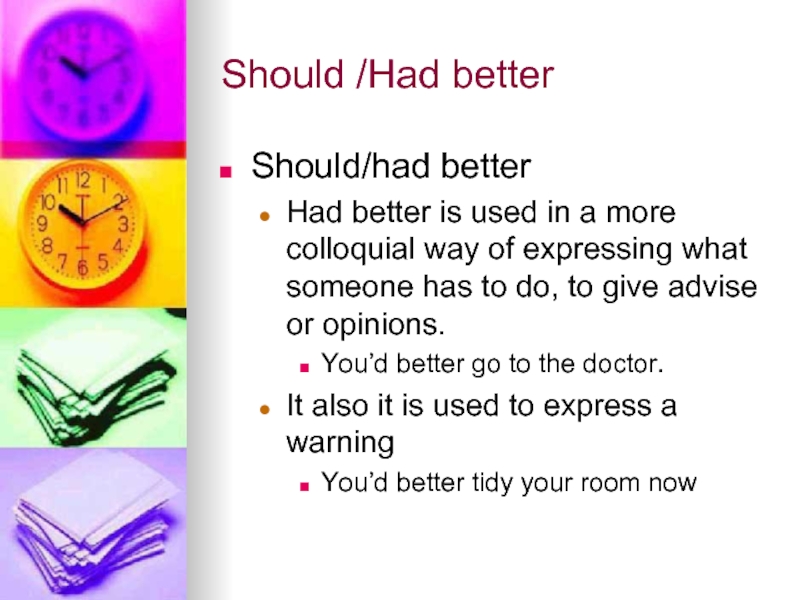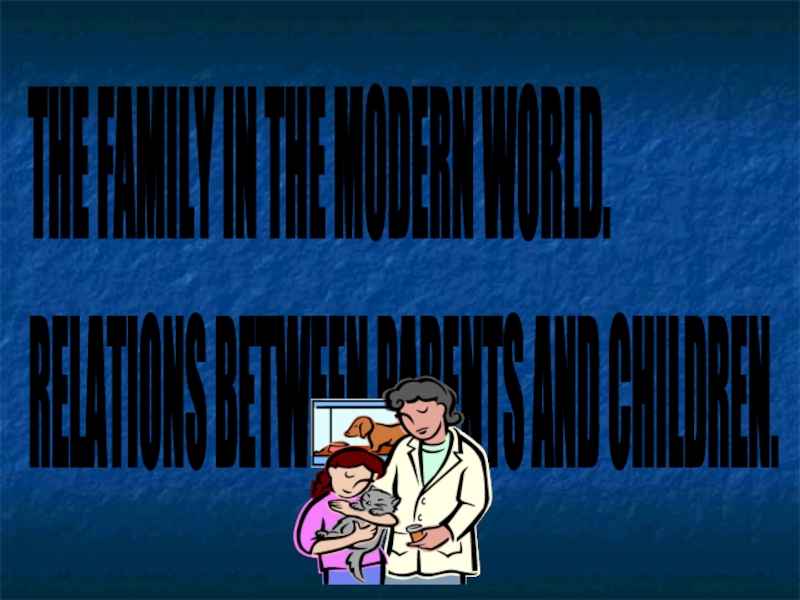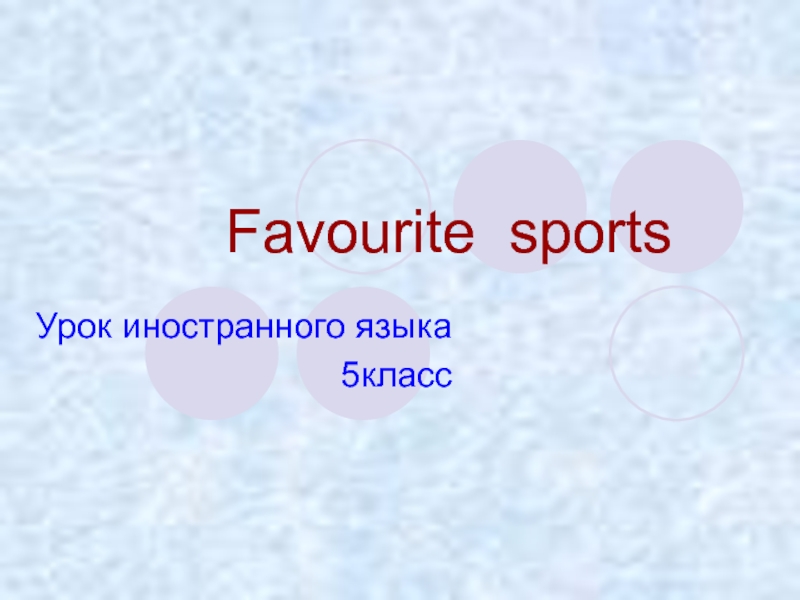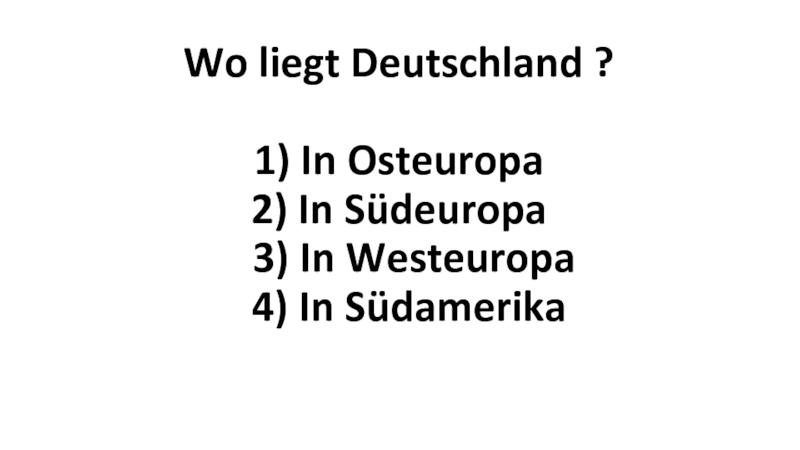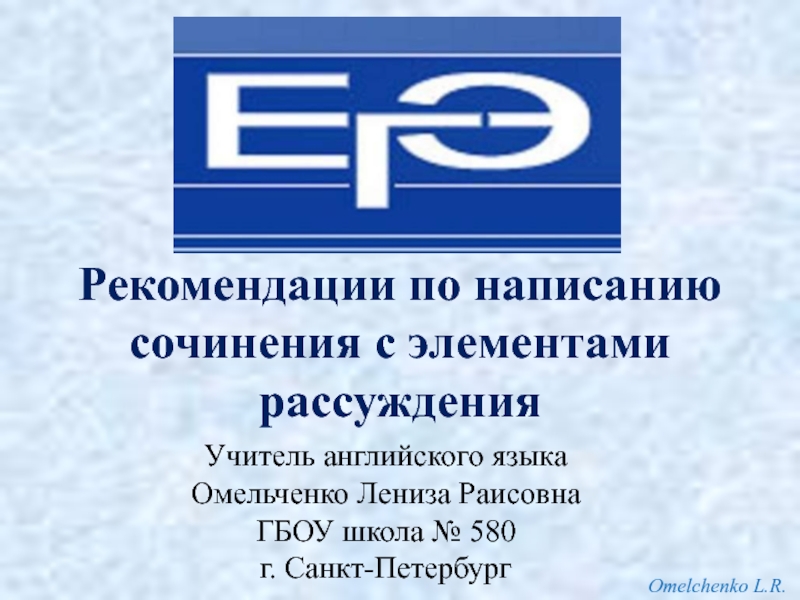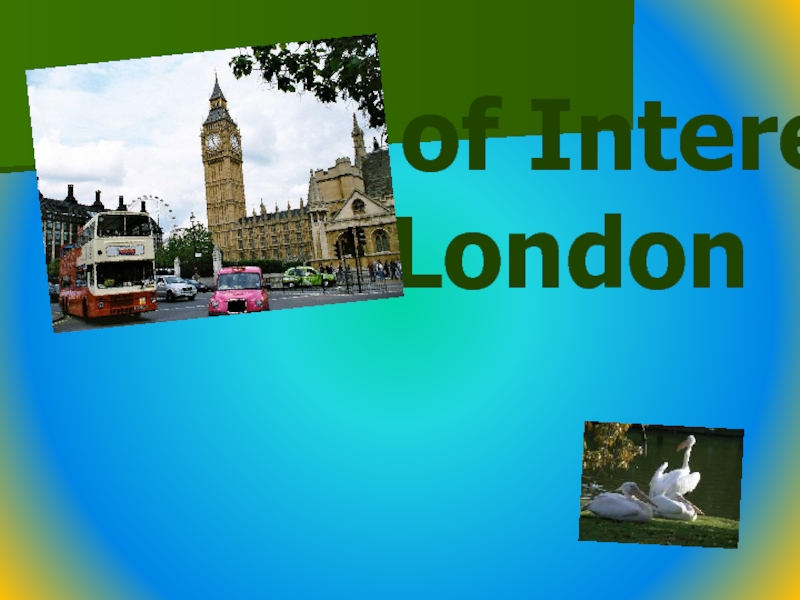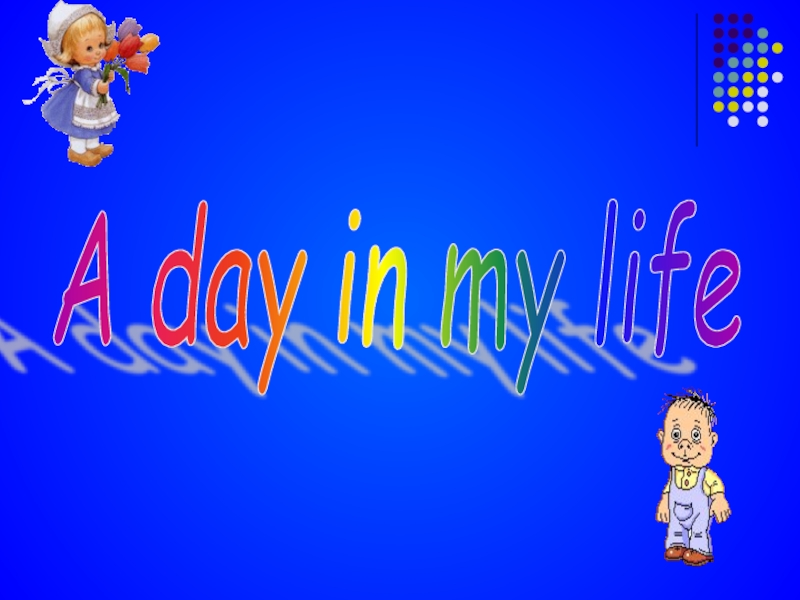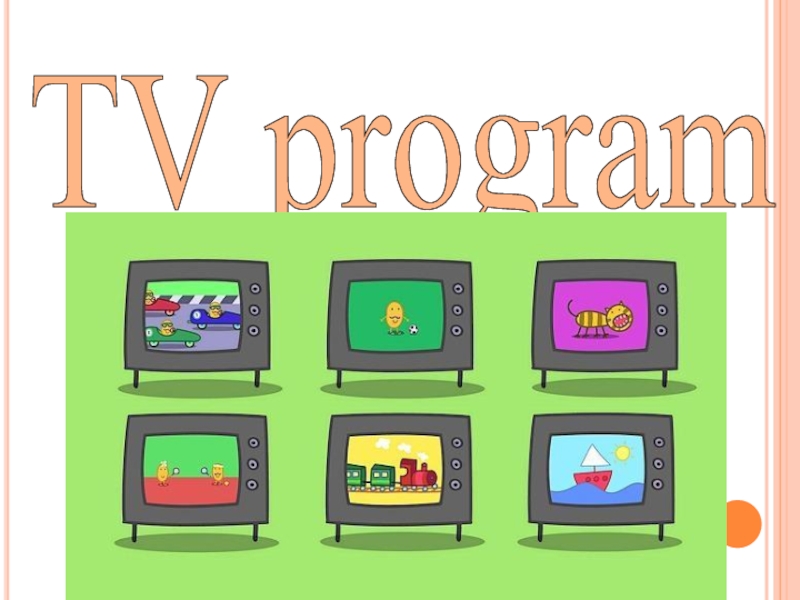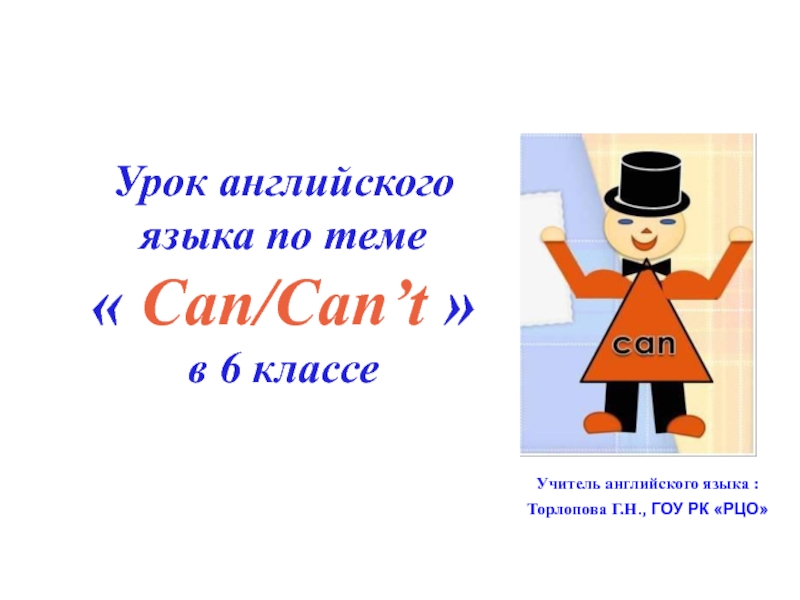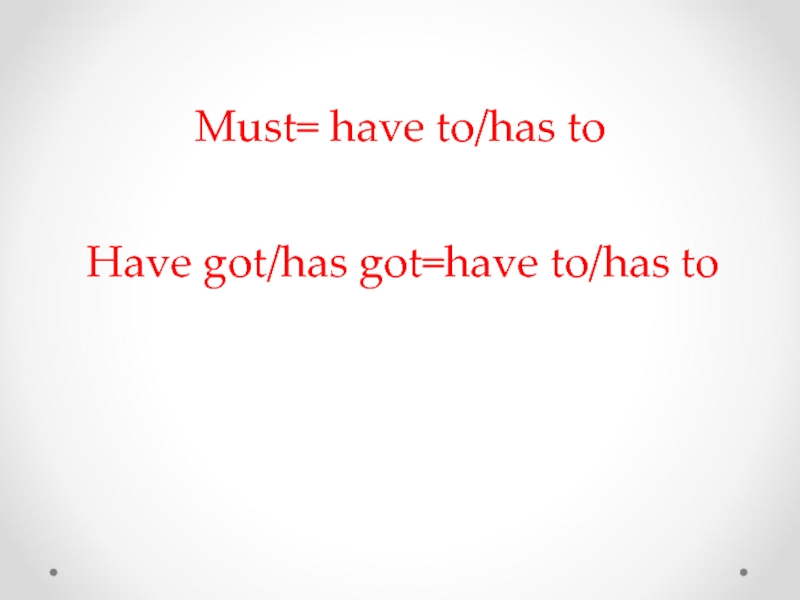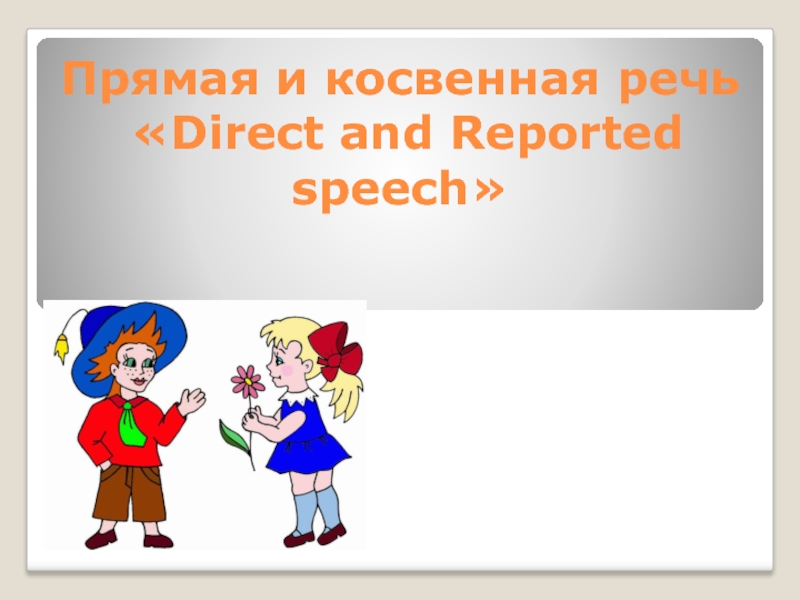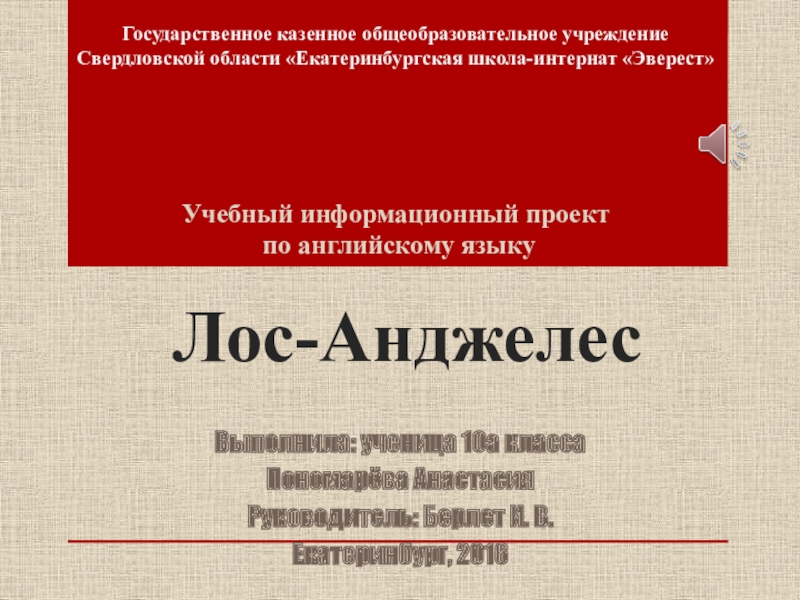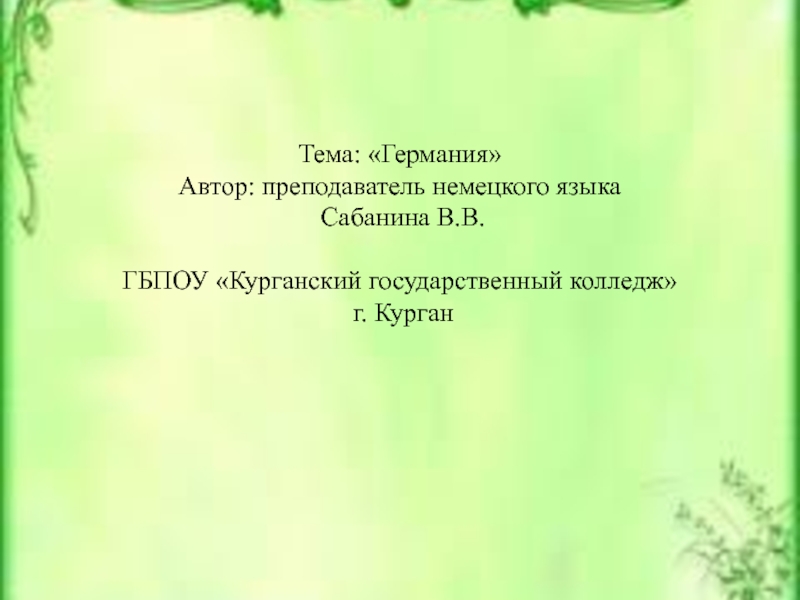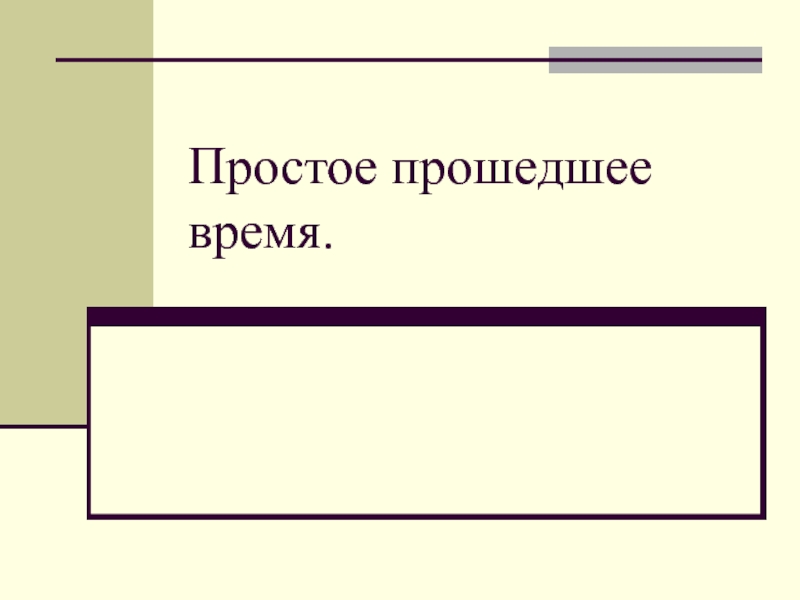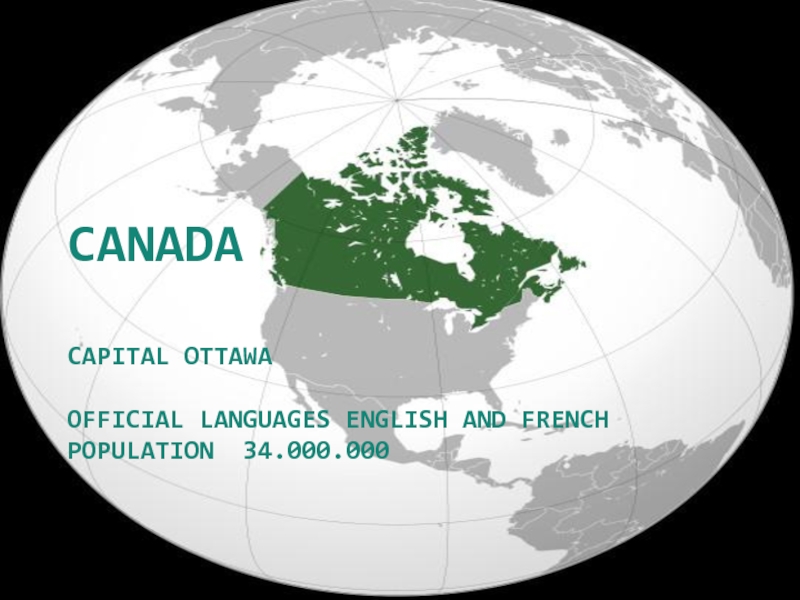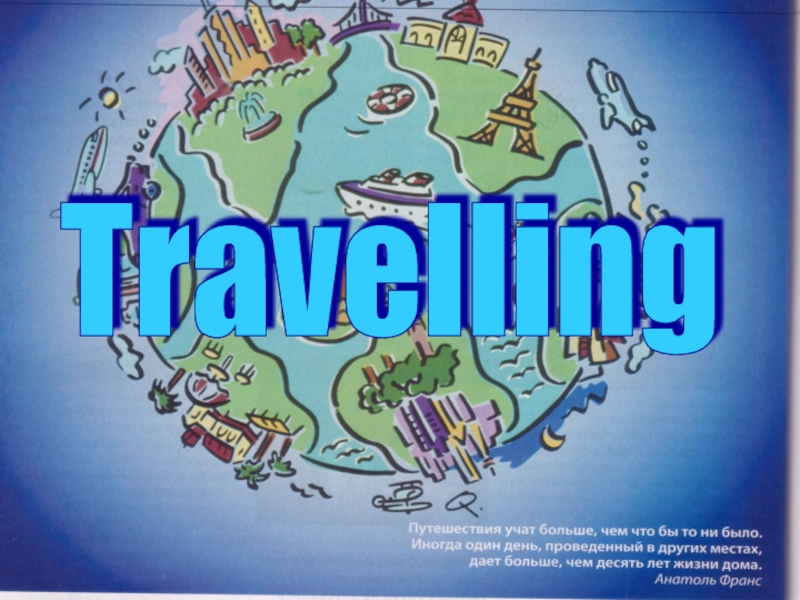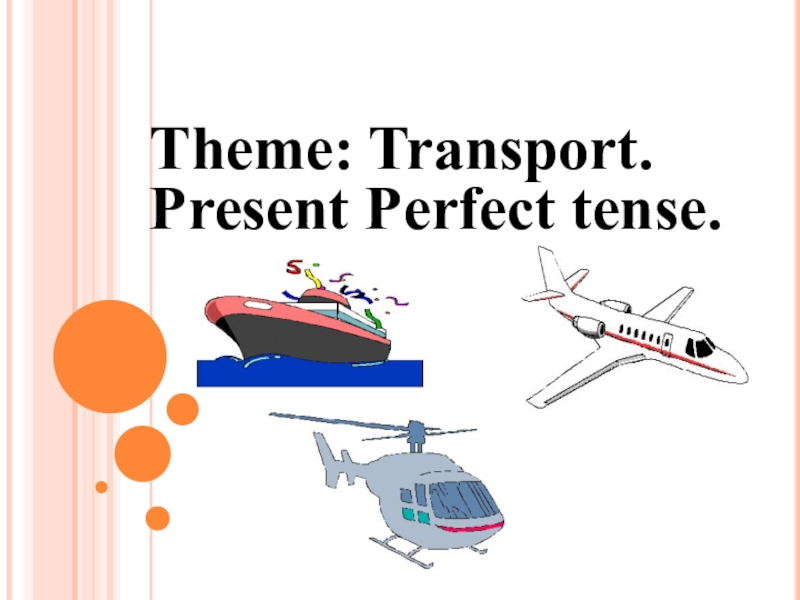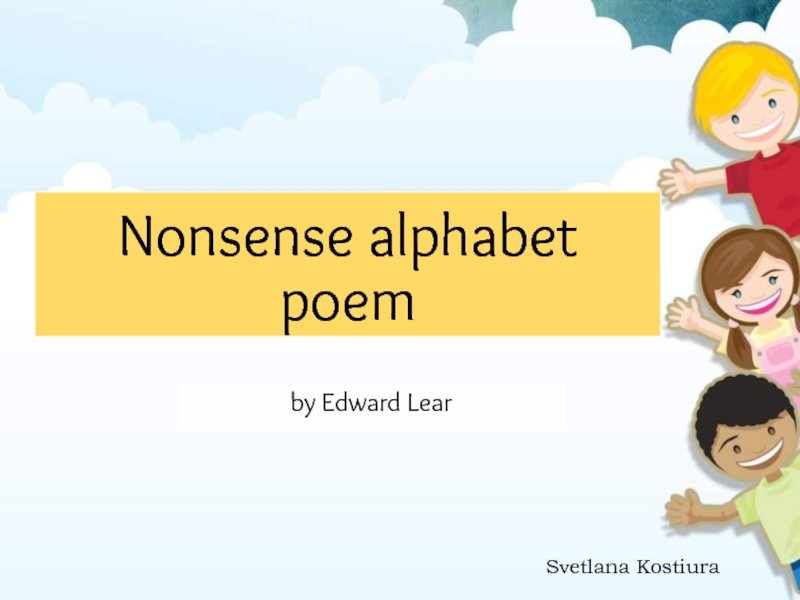Слайд 2Can/ Be able to / Can’t
CAN
Different uses:
Abilities or capacities
(to know or to be able to).
Mary can swim
very fast.
Request, ask or give permission
Can you call me tonight.
Possibility
I can meet you later.
It can also be used for suggestions.
You can eat ravioli if you like pasta.
Слайд 3Be able to
It expresses abilities like can and it is
used in all the verbal tenses where can is not
used.
I was able to finish my homework on time
Can’t
Different uses:
Impossibility in the present
Mary can’t swim very fast
Lack of ability (not to know) or capacity (not to be able to): I can’t eat a whole cake by myself
Prohibition
You can’t drive without a licence
Disbelief
That can’t be the price – it’s much too cheap.
Слайд 4Could
It is the past of can and it is used
to express:
Ability or capacity in the past
She could run
fast when she was a child
Polite request
Could you help me with these suitcases?
Polite suggestion
You could exercise and eat healthier food
Possibility –less probable than with can-
Mark could join us the cinema.
Слайд 5May/ might
Both of them express possibility, but might is more
remote.
It may/ might rain tomorrow
In questions, may is
the polite way of asking for things.
May I have a coffee, please?
Слайд 6Would
In questions, it is a formal way of asking for
things.
Would you open the window, please?
With the verb “like”
is used to make offers and invitations.
Would you like something to drink?
Слайд 7Must / Have to
Both express obligation, but must is only
used in the present and have to in the other
tenses. Authority people use must, while have to is used by everybody.
You must bring your books to class
I have to buy the tickets today.
Must is also used to express a logical deduction about present fact.
She’s got a great job. She must be very happy.
Слайд 8Need to / Needn’t
Need to is not a modal,
but it is used in affirmative sentences, like have to,
to express obligation and necessity.
I need to cook dinner tonight.
Needn’t, on the contrary, is a modal and indicates lack of oblication and necessity, like don’t have to
You needn’t bring anything to the party.
Слайд 9Musn’t / Don’t have to
Musn’t shows prohibition.
You musn’t exceed
the speed limit
Don’t have to means not have to, i.e.,
lack of obligation and necessity, like needn’t
I don’t have to get up early tomorrow
Слайд 10Should /Ought to
Both of them express advise or opinion, but
should is used more frequently, since ought to is quite
strange in negative and interrogative.
You should/ought to improve your pronunciation
Слайд 11Shall
It is used in the interrogative to offer oneself to
do something and to make a suggestion.
Shall I help
you with your luggage?
Слайд 15MODAL PERFECTS
Must have + participle
It expresses a logical conclusion about
a past fact.
Rob has arrived late. He must have
been in a traffic jam.
May/might have + participle
We use it to make a supposition about something in the past.
She may/might have taken the wrong bus.
Слайд 16Could have + participle
Ability to do something in the past
which in the end was not done
You could have asked
the doctor before taking the medicine.
Couldn’t have + participle
Certainty that something did not happen
He couldn’t have gone to the concert because he was doing the test.
Слайд 17Would have + participle
Desire to do something in the past
which in fact could not be done.
I would have
gone to the party, but I was too busy.
Should/ought to + participle
Criticism or regret after an event
You should/ought to have warned me earlier
Shouldn’t have + participle
Criticism or regret after an event, showing that it shouldn’t have happened
He shouldn’t have forgotten about her birthday
Слайд 18
Needn’t have + participle
An unnecessary past action
You needn’t have brought
anything to my party.
Слайд 19Should /Had better
Should/had better
Had better is used in a more
colloquial way of expressing what someone has to do, to
give advise or opinions.
You’d better go to the doctor.
It also it is used to express a warning
You’d better tidy your room now
